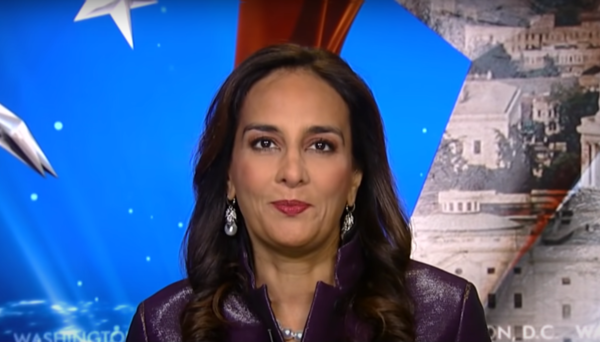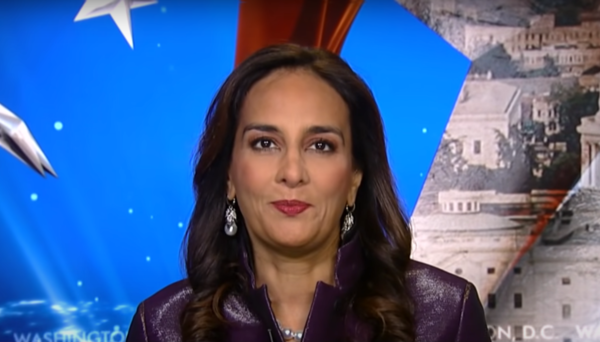‘Blatantly Illegal’: Oakland Guaranteed-Income Program Challenged By Former Trump Legal Adviser Over Its Focus on Black and Indigenous Families
A California attorney who once served as a legal adviser to former President Donald Trump during his 2020 reelection campaign said she is open to filing a lawsuit over Oakland’s new basic-income pilot program because of its focus on Black and other minority residents should the appropriate plaintiff and case present itself.
The guaranteed-income pilot program first announced by Oakland Mayor Libby Schaaf on March 23 will provide 600 low-income residents with $500 a month for at least 18 months. Participants can spend the money on whatever they want.
The program, called Oakland Resilient Families, was initially described as being for Black and other people of color in particular. Participants are to be selected by lottery, specifically from the East Oakland region, an area hit hard by the coronavirus pandemic.
“We believe that guaranteed income is the most transformative policy that can achieve this vision and whose time has come,” Schaaf said. An “evaluator” will monitor what the money is spent on and how it impacts the recipients’ lives.
To be eligible, certain income criteria must be met. For example, a family of three must have a household income of less than Oakland’s median of $59,000.
But attorney Harmeet Dhillon has challenged the program’s legality. “It’s blatantly illegal under any constitutional standard,” said the conservative attorney.
“We have laws in this country, including the United States Constitution’s equal protection clause, that prevent the state from conditioning any government benefit on race, from treating people differently, or set aside government benefits on race,” Dhillon an attorney with a law firm in San Francisco, told the San Francisco Business Times. She also has served as vice chairwoman of the California Republican Party.

“And this is explicitly what this is. If you are a poor white family, you’re excluded from participating in this lottery. It’s blatantly illegal under any constitutional standard.”
When asked whether filing a lawsuit against the city was a possibility, Dhillon replied, “I would be open to filing it if an appropriate plaintiff presents themselves with an appropriate case.”
Following criticism on social media and elsewhere, the Bay Area city provided more clarity about the program, adding that it is open to all of those who qualify.
“We have not changed the program,” said Justin Berton a spokesperson for the Oakland mayor. “We have had to clarify that while no family is prohibited from applying, this pilot is designed to serve and support BIPOC families, who evidence shows suffer the greatest and most disproportionate impacts of poverty.”
Nearly $7 million in philanthropic donations have been raised to support the program, which the city hopes will serve as a blueprint for a similar federal program.
Dhillon, who admits she generally opposes guaranteed-basic-income programs and believes they are a form of “socialism,” said a “racially blind” program would be favorable to what she described as “racial gerrymandering.”
“If you simply had a racially blind program that allowed anybody with income disadvantages to participate in Oakland, that would include a lot of people of color, maybe disproportionately people of color. And you didn’t need the racial gerrymandering to accomplish that goal of benefiting people of color,” she said.
Applications will be available online, and people can apply regardless of whether they are citizens or have housing. Half of the program’s participants will begin in the spring, while the other half will begin in the summer.

